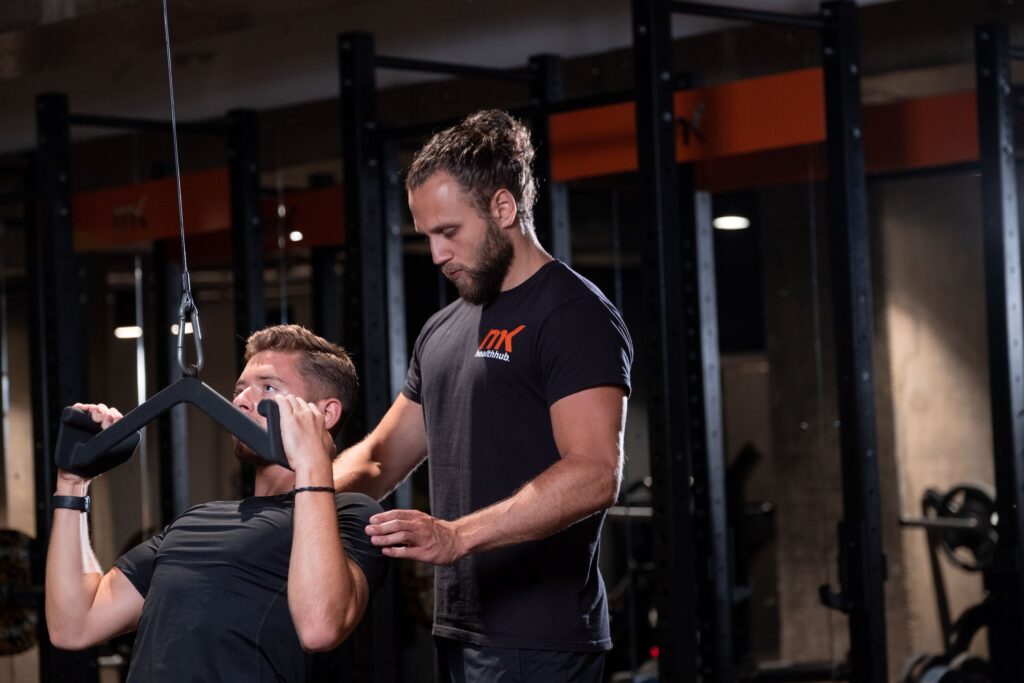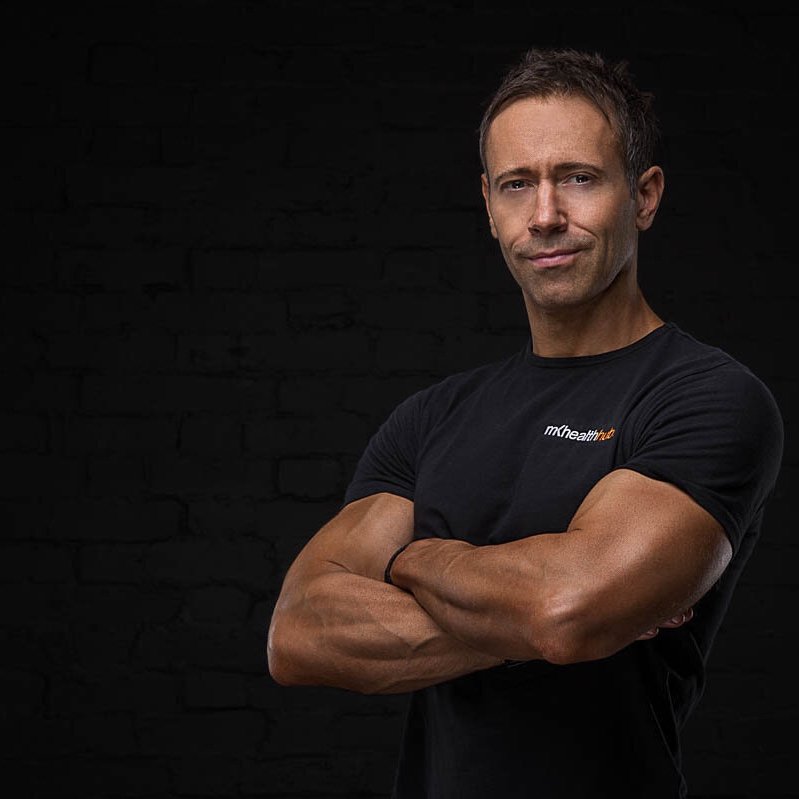Finding the right personal trainer can be a transformative step in achieving your fitness goals. With numerous options available, it’s crucial to make an informed decision to ensure you receive the best support and guidance. Here are the top 10 things to consider when choosing a personal trainer, helping you to find a professional who aligns with your needs and preferences.
1. Qualifications and Certifications
One of the most important factors when selecting a personal trainer is their qualifications. Ensure the trainer holds recognised certifications from reputable organisations. These certifications indicate that the trainer has undergone rigorous training and adheres to industry standards.
2. Specialisations and Expertise
Personal trainers often have specialisations, such as weight loss, muscle building, sports conditioning, or rehabilitation. Determine your specific fitness goals and look for a trainer with expertise in those areas. If you have particular needs, such as managing a health condition or recovering from an injury, seek a trainer with experience in those fields.
3. Training Style and Philosophy
Every trainer has a unique style and approach to training. Some may focus on high-intensity workouts, while others may emphasise a more holistic approach with elements of yoga or Pilates. Consider your personal preferences and workout style. A trainer whose philosophy aligns with your own will likely be more effective in helping you achieve your goals.
4. Availability and Scheduling
Consistency is key to achieving fitness results. Ensure the trainer’s availability matches your schedule. Whether you prefer early morning sessions, lunchtime workouts, or evening training, it’s important to find a trainer who can accommodate your preferred times. Flexibility in scheduling can also be beneficial for adapting to any changes in your routine.
5. Location and Facilities
The location of the training sessions is another crucial factor. Decide whether you want to work out at a gym, a personal training studio, or even at home. Additionally, if you opt for a gym-based trainer, consider the facility’s equipment and amenities to ensure they meet your needs. Convenience in location can significantly impact your commitment and consistency.
6. Personality and Communication Style
A personal trainer’s personality and communication style play a significant role in your training experience. Look for a trainer who is motivating, encouraging, and approachable. Effective communication and a good rapport will help in building a positive and supportive relationship, making your workouts more enjoyable and productive.
7. Track Record and Client Reviews
Researching a trainer’s track record can provide insight into their effectiveness. Look for client testimonials and reviews to gauge their success in helping others achieve their fitness goals. Positive feedback from previous clients can be a strong indicator of a trainer’s ability to deliver results and maintain client satisfaction.
8. Cost and Value for Money
Personal training can be a significant investment, so it’s important to consider the cost and evaluate what you’re getting for your money. Compare the fees of different trainers and assess what is included in their services. Some trainers may offer packages or discounts for multiple sessions. Ensure the cost aligns with your budget and the value provided meets your expectations.
9. Approach to Nutrition and Lifestyle
A comprehensive fitness plan often includes considerations for nutrition and lifestyle. Some personal trainers offer guidance on diet and healthy habits in addition to exercise. If nutrition plays a crucial role in your goals, look for a trainer who can provide balanced advice or refer you to a nutritionist if needed.
10. Trial Session or Consultation
Many personal trainers offer a trial session or initial consultation. This opportunity allows you to experience their training style, discuss your goals, and assess how well you connect with them. Take advantage of these sessions to evaluate the trainer’s approach and determine if they are a good fit for your needs before committing to a long-term arrangement.
Conclusion
Choosing the right personal trainer is a critical step in achieving your fitness goals and ensuring a successful and enjoyable workout experience. By considering factors such as qualifications, specialisations, training style, and personal compatibility, you can make an informed decision that aligns with your objectives and preferences. Take the time to evaluate potential trainers thoroughly, and remember that the right trainer will not only help you reach your fitness goals but also inspire and motivate you throughout your journey.
If you’re ready to start your fitness journey, keep these considerations in mind to find a personal trainer who will support and guide you every step of the way.






